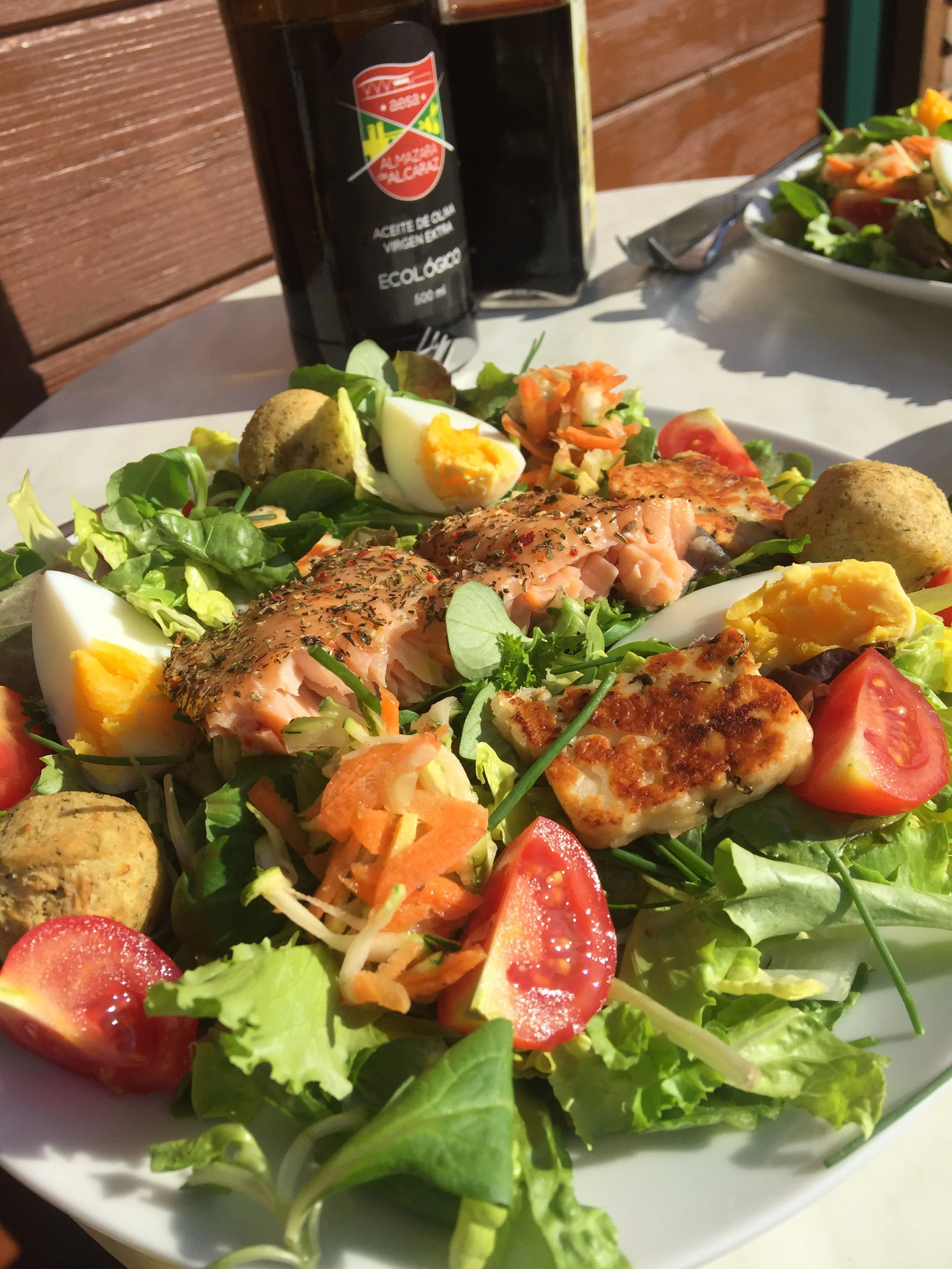Are Antioxidants Really Needed After Exercise?
Are Antioxidants Really Needed After Exercise?
In the world of sports and fitness, antioxidants have long been regarded as performance-enhancing agents. They have been hailed as essential for combating oxidative stress, reducing muscle damage, and improving recovery. However, recent research suggests that the relationship between antioxidants and sports performance might not be as straightforward as we once believed. In this blog post, we will delve into the intriguing connection between antioxidant consumption, enzyme activity, and mitochondrial biogenesis to understand why antioxidants might not be as beneficial for sports performance as previously thought.
The Role of Oxidative Stress:
Before we dive into the complexities, let's briefly revisit oxidative stress. During intense exercise, our bodies produce reactive oxygen species (ROS) as a byproduct. These ROS can cause oxidative damage to cells, leading to muscle fatigue and impaired performance. Antioxidants are known for their ability to neutralize ROS and reduce oxidative stress. This is where the belief in their performance-enhancing effects originated.
Enzyme Activity and Adaptation:
Emerging research suggests that oxidative stress plays a crucial role in the body's adaptive response to exercise. When our bodies experience oxidative stress, it triggers a signaling pathway that activates various enzymes, including superoxide dismutase and catalase. These enzymes work to repair damaged cells and promote the body's adaptation to exercise.
Here's the twist: Consuming high doses of exogenous antioxidants can actually interfere with this adaptive process. By neutralizing ROS and reducing oxidative stress, antioxidants might dampen the body's natural response to exercise-induced stress. This interference could hinder the activation of crucial enzymes involved in cellular repair and adaptation.
Mitochondrial Biogenesis:
Another fascinating aspect to consider is mitochondrial biogenesis, the process by which our cells produce new mitochondria. Mitochondria are known as the powerhouses of our cells, responsible for generating energy. Regular exercise stimulates mitochondrial biogenesis, leading to improved energy production and endurance. However, recent studies suggest that antioxidants might disrupt this process, in particular large doses of vitamin C.
During exercise, ROS act as signaling molecules that trigger the production of more mitochondria. By scavenging these ROS with antioxidants, we might inadvertently inhibit the signaling pathways necessary for mitochondrial biogenesis. Consequently, this could limit the body's ability to improve energy production and potentially hinder sports performance gains.
Individual Variability:
It's important to note that the effects of antioxidants on sports performance can vary among individuals. Each person has a unique physiology and responds differently to various interventions. While some individuals might experience benefits from antioxidants, others may not see any significant improvements or even experience detrimental effects on their performance.
Rather than solely relying on antioxidants, athletes should consider a more holistic approach to optimise sports performance. Focus on a well-rounded diet rich in fruits, vegetables, and whole foods that naturally contain antioxidants, alongside other vital nutrients. Hydration, rest, and recovery should also be prioritised, as they play essential roles in overall performance.
The relationship between antioxidants, and sports performance is complex and multifaceted. While antioxidants are widely believed to be performance-enhancing, recent research suggests that their benefits may not be as straightforward as once thought. The interference with enzyme activity and mitochondrial biogenesis highlights the potential limitations of excessive antioxidant consumption.
Remember, the pursuit of excellence in sports requires a nuanced understanding of the body's intricate mechanisms. At DEEKA we believe in the importance of leading with a “food first” approach, and our joint nutrition packages help to guide athletes through a the confusing landscape of performance nutrition.
References:
- Gomez-Cabrera, M. C., Domenech, E., & Viña, J. (2008). Moderate exercise is an antioxidant: upregulation of antioxidant genes by training. Free Radical Biology and Medicine, 44(2), 126-131.
- Radak, Z., Zhao, Z., Goto, S., & Koltai, E. (2011). Age-associated increase in oxidative stress and nuclear factor kappaB activation are attenuated in rat liver by regular exercise. The FASEB Journal, 25(3), 1196-1204.
- Merry, T. L., & Ristow, M. (2016). Do antioxidant supplements interfere with skeletal muscle adaptation to exercise training? The Journal of Physiology, 594(18), 5135-5147.
- Pilegaard, H., Osada, T., Andersen, L. T., Helge, J. W., Saltin, B., & Neufer, P. D. (2005). Substrate availability and transcriptional regulation of metabolic genes in human skeletal muscle during recovery from exercise. Metabolism: Clinical and Experimental, 54(8), 1048-1055.


